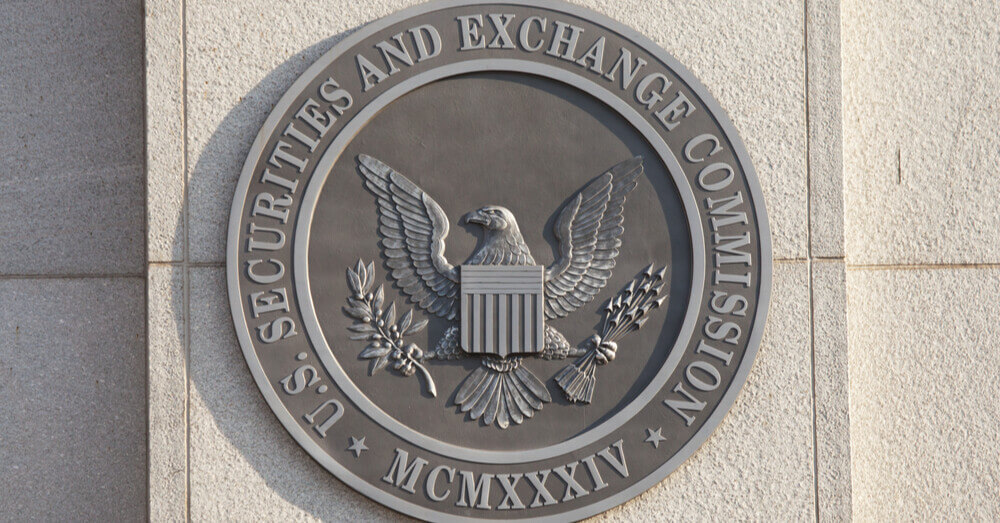
The court acknowledged SEC’s authority to make seizures where lawful, but ruled that disgorgements will now only apply to net — not gross — profits
In an eight-to-one decision by the United States Supreme Court on Monday, the court has placed limits on the Securities and Exchanges Commission’s (SEC) practice of forcing defendants to surrender profits obtained through fraud. The Supreme Court stopped short of disallowing the action but ruled that the SEC must limit its seizes to net profits only. The ruling could significantly impact hundreds of ICO funded crypto startups.
Justice Sonia Sotomayor authored the ruling — reevaluating the SEC’s authority for using disgorgement measures. The ruling argued that disgorgement should only apply to net profits and not gross margins. Further, the court also stated that disgorgement payouts must go to ‘wronged investors.’
The decision was issued in an appeal by a California couple for a 2016 civil action brought against them by the SEC. The SEC has collected $1.5 billion in disgorgements and penalties, but only paid $1.2 billion to harmed investors in the most recent full fiscal year.
The SEC has used disgorgements to target profits earned through Initial Coin Offerings (ICOs) since its 2017 report ruled that Decentralized Autonomous Organization (DAO) tokens were to be considered as securities. The report warned crypto companies that any future token sales might fall under sales of unregistered securities if firms failed to follow regulations.
This could reorient how the SEC conducts itself in front of alleged fraudsters or token sale promoters. Disgorgement is meant to set things right with wronged investors but cannot take the place of penalties, the ruling reassured.
Thomas Gorman, former senior counsel in the SEC Division of Enforcement, said that “Since Congress has given the SEC specific authority to impose a penalty, this meant that in many instances the Commission imposed double penalties – disgorgement and a statutory penalty. That was beyond unfair.”
“The ruling eliminates that unfairness returning much-needed balance and fairness to the remedy process in SEC enforcement cases,” he added.
Compound Finance General Counsel Jake Chervinsky, however, had an opposing view on the impact of the ruling. “The SEC was already in the habit of seeking disgorgement in civil actions and here the Supreme Court upheld their authority to do so. This shouldn’t change their behaviour at all, “he explained.

